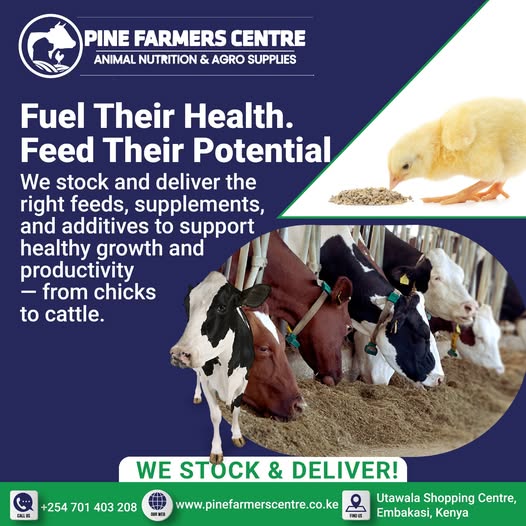1. Balanced and Nutrient-Rich Diets
Proper nutrition is the first step toward unlocking an animal’s full potential. A balanced diet rich in essential vitamins, minerals, proteins, and energy sources supports growth, reproduction, immune response, and productivity. Tailored feed formulations for different species and stages of life ensure animals thrive under various farming systems. Feeding right isn’t just about quantity-it’s about quality.
2. Preventive Animal Health Management
Prevention is better than cure, and this principle is vital in animal care. Routine vaccinations, deworming, clean housing, and regular veterinary checkups help prevent disease outbreaks and reduce treatment costs. Fueling animal health means proactively managing risks before they impact performance or profitability. Healthy animals grow faster, reproduce efficiently, and live longer, increasing returns for farmers.
3. Stress-Free and Humane Environments
Animals need more than food and medicine-they need comfort and proper handling. Creating a stress-free environment through clean water, proper ventilation, adequate shelter, and humane treatment boosts their overall health. Stress can suppress immunity and reduce productivity. Farmers are encouraged to adopt animal welfare practices that respect the physical and emotional needs of animals.
4. Sustainable Farming Practices
Fueling animal health goes hand-in-hand with sustainability. Responsible use of antibiotics, eco-friendly waste disposal, rotational grazing, and proper feed sourcing protect both animal and environmental health. These practices support long-term productivity and food security while protecting natural ecosystems.
In conclusion, “Fuel Animal Health and Feed Their Potential” is more than a slogan-it’s a commitment to smarter, more sustainable, and compassionate animal care that benefits both animals and those who depend on them.

